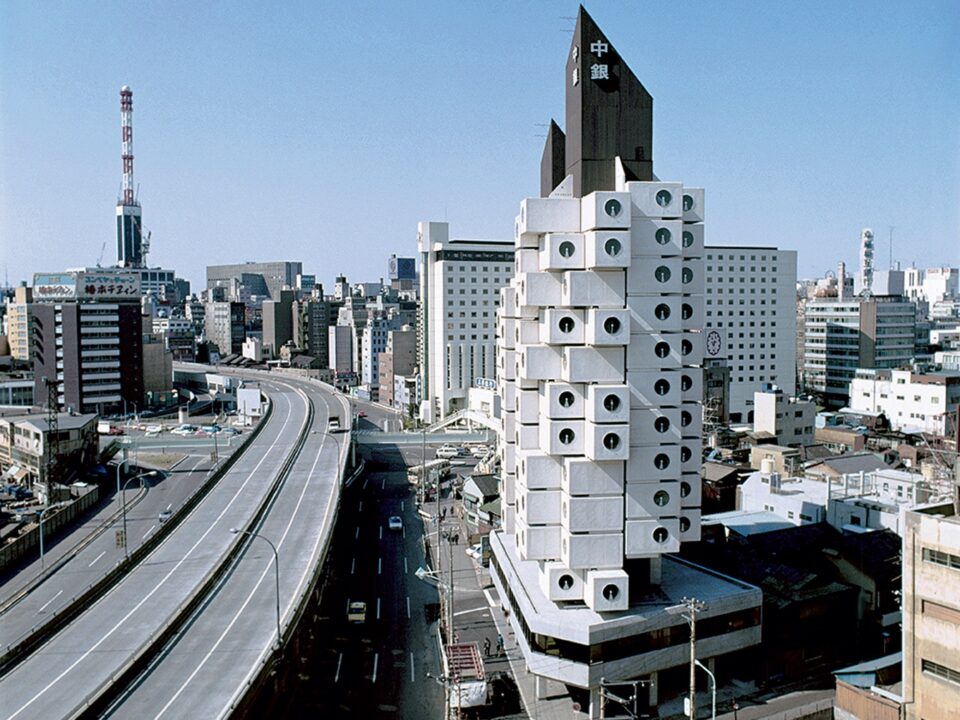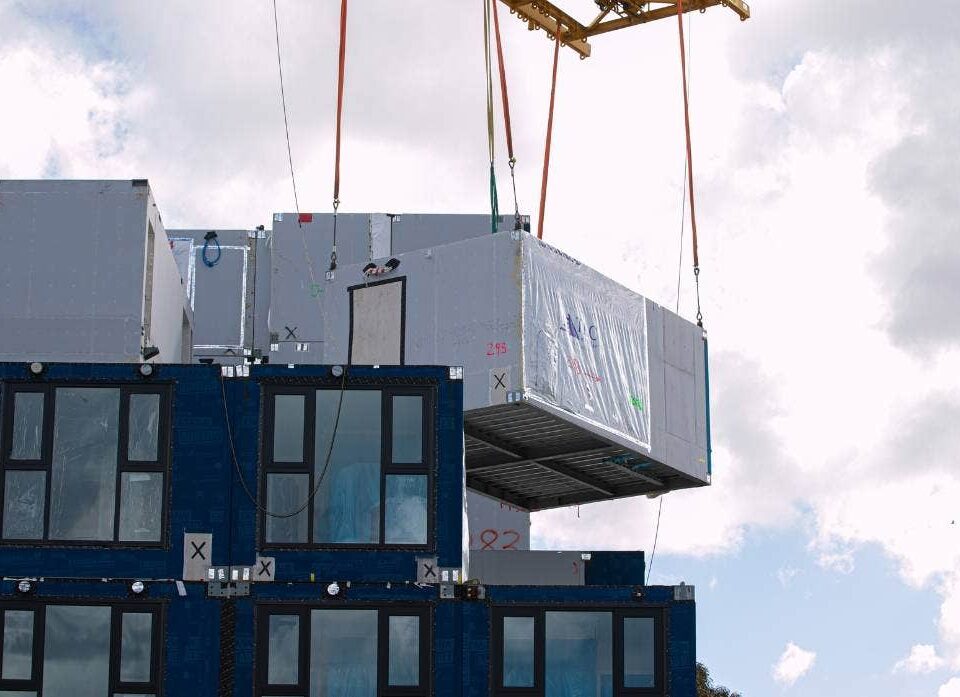
A Century of Modular Innovations: A Journey Through Architectural Evolution
September 4, 2023Highlights
- Volumetric modular construction can lower environmental impact by 20-50%.
-
Modular housing reduces waste generation during the building process due to precise material measurements and controlled factory environments.
-
Incorporation of energy-efficient features, such as solar panels and advanced insulation, in modular housing systems further decreases the ecological footprint.
-
Rigorous quality control measures in modular construction ensure compliance with industry standards and regulations, enhancing safety for both residents and workers.
-
Modular housing construction creates employment opportunities for individuals from diverse backgrounds, promoting economic empowerment and social equity.
-
The standardized production process of modular housing allows for faster construction timelines compared to traditional methods, addressing the urgent housing crisis more efficiently.
Modular housing in the United States is increasingly recognized as a more environmentally friendly and sustainable alternative to traditional construction. This innovative approach not only addresses the pressing housing crisis but also contributes to lowering greenhouse gas emissions. The benefits of modular housing extend beyond its environmental impact, as it promotes safety and provides employment opportunities for individuals from diverse backgrounds.
By utilizing modular construction techniques, we can significantly reduce waste generation during the building process. The controlled factory environment allows for precise material measurements, resulting in minimal leftovers and a decreased carbon footprint compared to conventional construction methods. Additionally, modular housing systems often incorporate energy-efficient features, such as solar panels and advanced insulation, further reducing the ecological impact of these structures.
[ Want more information? Check out this in-depth 2022 scientific report that compares "Carbon Emissions of Modular and Site-built Residential Construction" ]
In addition to its positive environmental impact, modular housing prioritizes safety. Modules are constructed under rigorous quality control measures, ensuring compliance with industry standards and regulations. This standardized production process minimizes potential risks associated with on-site construction, enhancing the overall safety of the housing units for both residents and workers.
Furthermore, the development and implementation of modular housing create employment opportunities for individuals from diverse backgrounds. The nature of modular construction requires a range of skills and expertise, promoting job growth in various sectors. This inclusive approach fosters economic empowerment and social equity, enriching communities by providing career prospects for people from different walks of life.
In conclusion, modular housing offers numerous advantages over traditional construction methods in the United States. Its sustainability, safety, and ability to generate employment make it an attractive alternative to address the housing crisis while contributing to greenhouse gas emission reduction efforts. By embracing modular housing, we can build a more prosperous and environmentally responsible future.






